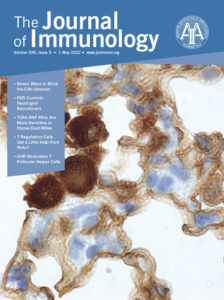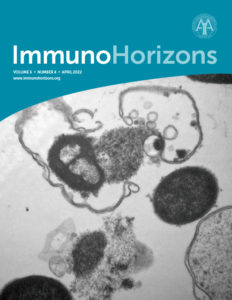Postdoctoral Fellow: Host-Microbiota Interactions
Duke University
Durham, North Carolina
The Surana lab is looking for 1–2 energetic and motivated postdoctoral fellows that are interested in elucidating and better understanding causal host–microbiota–immune interactions. The Surana laboratory innovatively integrates gnotobiotic mouse models, microbiology, immunology, and bioinformatics to tackle medically relevant questions. We have recently developed a novel approach of microbe–phenotype triangulation that facilitates the identification of specific bacteria within the microbiota that are causally related to a phenotype of interest (Surana and Kasper. Nature. 2017; 552: 244–247). We interrogate these host–bacterial interactions from both the host (i.e., elucidating the immunological mechanism) and bacterial perspectives (i.e., identifying the necessary bacterial factors). Using our approach of microbe–phenotype triangulation, we identified a new bacterial species, Clostridium immunis, that modulates inflammatory and metabolic phenotypes via modulation of group 3 innate lymphoid cells. We have also identified two commensal bacteria that induce host expression of antimicrobial peptides and protect against enteric infections. Lastly, we have identified several bacteria that inhibit HIV pathogenesis. Potential projects include further mechanistic investigations of the above findings. There are also opportunities for translational projects that involve patient samples.
The Surana lab is a part of the Departments of Pediatrics, Molecular Genetics and Microbiology, and Immunology at Duke University School of Medicine. The lab is also affiliated with numerous centers on campus that offer a rich multidisciplinary environment, with active collaborations between clinicians and basic scientists. There are ample opportunities for formal and informal mentorship, with an eye towards ensuring scientific independence and career development. Some recent work from the lab has been published in PNAS (2020), Journal of Immunology (2021), and Clinical Infectious Diseases (2022).
Position Requirements:
- M.D. and/or Ph.D. (or equivalent) in biomedical sciences with a strong publication record
- Keen interest in host–microbiota interactions
- Robust background in microbiology and/or immunology
- Experience with bioinformatics (e.g., 16S rRNA sequencing, metagenomics, RNAseq) is preferred but not required
- Strong communication (oral and written English) and organizational skills
- Capable of driving projects forward while also being supportive of other team members
- Willingness to work with mice, with prior experience being beneficial
If interested, please send a cover letter with a statement of research interests, a CV, and the names of 3 references to neil.surana@duke.edu. I am also happy to meet with people at the conference itself.



